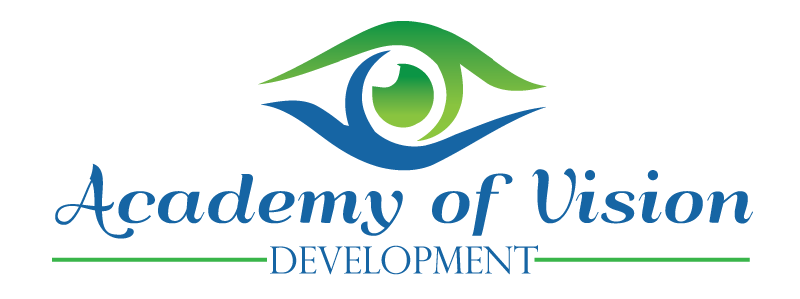Fifteen Years and No Solution
I had a 58 year old patient recently that had a history of concussion 15 years prior that left her with constant double vision. Back then she had numerous examinations with various eye doctors and neurologists. She never found relief and has just learned to live with it.
Every year since, she has had routine eye exams for glasses and has had constant double vision. The left eye sees everything just above and to the left of the right eye image. She stated that she thinks her left eye is starting to “turn off” because she doesn’t notice the double as much anymore because it’s fading in and out.
When I hear she has constant double vision, I start the round of questions to determine if vision therapy will be right for her. She decided that she did not have the time or financial resources to take on vision therapy at this time. So we discussed prism glasses. She had never heard of such a thing!
FIFTEEN YEARS of annual eye examinations and not one doctor explored using prism glasses to put the two images together for her.
Behavioral optometry is a way of practicing optometry and prescribing lenses that give patients the best opportunity to use their visual systems efficiently for all their activities of daily living. This requires an extensive history and discussions with patients to understand what they enjoy doing, how they want to do it and examining to determine their visual limitations and how those can be corrected.
Tears of Joy
We determined the best prescription with prisms in her glasses that fuse the two images for her. I built these glasses in a trial frame and had her look out the window and walk around the office. She started crying she was so happy! This was the first time in 15 years that she hasn’t seen double.
In this day and age of modern health care, doctors are dictated by insurance companies for the amount of time they get to spend with their patients. There is NEVER enough time to address all patients concerns and begin to correct them if insurance companies are given the authority to dictate how doctors should practice medicine.
We do not participate with insurance for this very reason! They don’t give you enough time to help patients with ALL their concerns and then insurance ends up wasting valuable time by denying coverage for things they had agreed to cover in a prior – authorization! It’s frustrating at best, and can be financially devastating for patients.
I get funny looks at first when I ask patients, “How do you like to use your eyeballs?” Then I ask what they enjoy doing most, what they want to be able to do with their eyes and how they want to do it. Finding out what patients enjoy doing most and helping them do those things without visual discomfort is the definition of Behavioral Optometry and why I’m enjoying my profession immensely. I was put on this earth to help people, two eyeballs at a time!
Schedule your initial evaluation with Dr. Sanders and learn how we can help your child excel!

